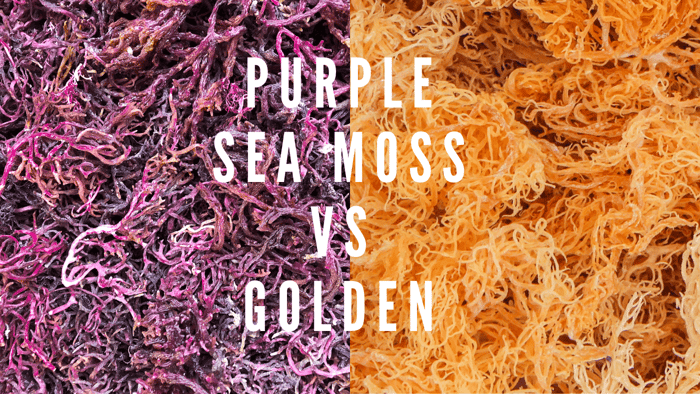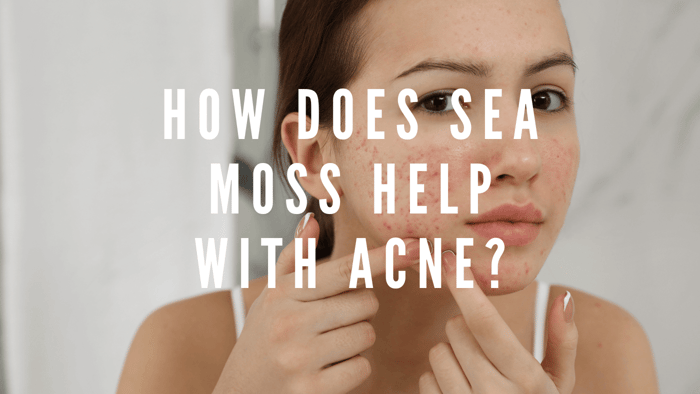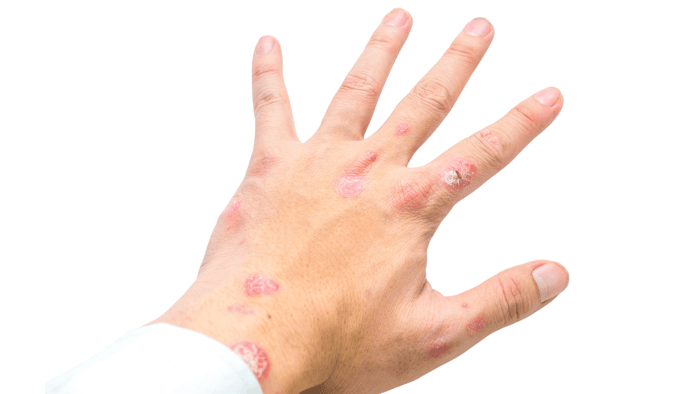Sea moss is a type of seaweed that has been gaining popularity in recent years due to its nutrient-dense properties and potential health benefits. It is commonly used in food and skincare products and is known for its ability to support immune function, improve digestion, and promote healthy skin and hair. However, many people still have questions about sea moss, including how to use it, how much to take, and what the side effects may be. In this article, we will answer some frequently asked questions about sea moss, providing insights into what it is, where to buy it, how to prepare it, and how to consume it.
Q: What is sea moss?
A: Sea moss, also known as Irish moss or Chondrus crispus, is a type of seaweed that is commonly used in food and skincare products. It is a nutrient-dense superfood that contains 92 essential minerals and vitamins, including calcium, iron, magnesium, and iodine.
Q: What is the difference between Irish moss and sea moss?
A: Irish moss and sea moss are the same thing, but they are often referred to by different names in different regions.
Q: What vitamins and minerals does sea moss contain?
A: Some of the key nutrients found in sea moss gel include iodine, calcium, magnesium, potassium, and iron. In addition, sea moss gel contains a range of vitamins, including vitamin A, vitamin K, and vitamin C. Vitamin A is important for healthy vision, while vitamin K is essential for blood clotting. Vitamin C is an antioxidant that helps support the immune system and promote healthy skin. The exact nutritional content of sea moss gel may vary depending on the recipe used and the processing methods. However, in general, sea moss gel is a rich source of essential vitamins and minerals that can provide a wide range of health benefits.
Q: Where can I buy sea moss?
A: Sea moss can be purchased from health food stores, specialty food stores, and online retailers. It is important to ensure that you are purchasing high-quality sea moss that is sustainably sourced and free of contaminants. Look for organic and wildcrafted sea moss to ensure the highest quality.
Q: How much sea moss gel should I take daily?
A: The recommended daily intake of sea moss varies depending on the individual's age, weight, and health status. However, a general guideline is to take 1-2 tablespoons of sea moss gel per day, which can be added to smoothies, juices, or consumed directly.
Q: What are the side effects of sea moss?
A: Sea moss is generally considered safe for consumption, and there are no known serious side effects. However, some people may experience digestive discomfort, such as bloating or gas, when consuming large amounts of sea moss.
Q: What are the steps to prepare sea moss gel?
A: To prepare sea moss gel, you will need to rinse and soak the dried sea moss for several hours to remove any debris or sand. Once soaked, the sea moss is then blended with fresh water to create a smooth gel. Some recipes also call for additional ingredients, such as sweeteners or spices, to add flavor and nutrition. Check out our guide on how to make sea moss gel.
Q: What is the shelf life of sea moss gel?
A: The shelf life of sea moss gel is approximately 3 weeks when stored in an airtight container in the refrigerator. To extend the shelf life, sea moss gel can be packaged in an ice cube tray and frozen for up to 3 months. This is a convenient way to have the gel on hand and to avoid waste.
Q: How do I consume sea moss?
A: Sea moss can be consumed in various forms, including as a gel, a powder, or a supplement. The most popular way to consume sea moss is in gel form, which can be added to smoothies, juices, or used as a thickener in recipes.
Q: How do I store sea moss gel?
A: Sea moss gel should be stored in an airtight container in the refrigerator. It is important to use a clean spoon or utensil when scooping out the gel to avoid contamination. If you prefer to freeze the gel, it can be stored in an ice cube tray and thawed as needed.
Q: How do I use sea moss gel?
A: Sea moss gel can be taken orally or applied topically to the skin. It is commonly used in smoothies, juices, and other recipes as a thickener or a nutrient-dense ingredient. Topically, sea moss gel is used in skincare products due to its hydrating and nourishing properties.
Q: Can children take sea moss?
A: Yes, children can consume sea moss gel, the recommended dosage is one tea spoon. It is best to consult with a healthcare provider before giving sea moss to children.
Q: How do I know if sea moss is expired?
A: Expired sea moss may have a foul odor or an unusual appearance, such as mold or discoloration. It is important to check the expiration date on the packaging and to store the sea moss properly to ensure that it stays fresh for as long as possible.
Q: How do I clean raw sea moss?
A: To clean dried sea moss, it should be soaked in water for 4-6 hours to remove any dirt or debris. After soaking, rinse the sea moss thoroughly and remove any remaining sand or debris. It is important to ensure that the hydrated sea moss is thoroughly cleaned before using it to make gel or adding it to recipes.
Q: Can I use sea moss if I have a shellfish allergy?
A: Sea moss is a type of seaweed and is not related to shellfish. However, if you have a severe allergy to shellfish or seaweed or have had an allergic reaction to sea moss in the past, it is best to avoid it. Consult a trained medical professional before adding any new supplement into your diet.
Q: Can I use sea moss when pregnant?
A: Sea moss is generally safe for pregnant women to consume, as it is a natural source of essential vitamins and minerals. However, it is important to consult with a healthcare provider before adding any new supplement or food to your diet during pregnancy.
Q: Does sea moss increase breast milk?
A: Sea moss is a natural source of iodine, which is important for the production of thyroid hormones. Thyroid hormones play a role in lactation and milk production, so it is possible that sea moss may help increase breast milk supply. However, more research is needed in this area to confirm its effectiveness.
Q: Can sea moss be taken with medication?
A: If you are taking any medication, it is important to consult with a healthcare provider before adding sea moss to your diet. Sea moss may interact with certain medications, particularly those that affect thyroid function.
Please note that the information provided in this article is for educational and informational purposes only and is not intended to be a substitute for professional medical advice, diagnosis, or treatment. Always seek the advice of your physician or other qualified healthcare provider with any questions you may have regarding a medical condition. Never disregard professional medical advice or delay in seeking it because of something you have read in this article.
 is here! Shop now, pay later in 4 easy installments
is here! Shop now, pay later in 4 easy installments



